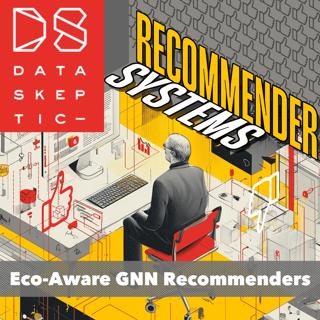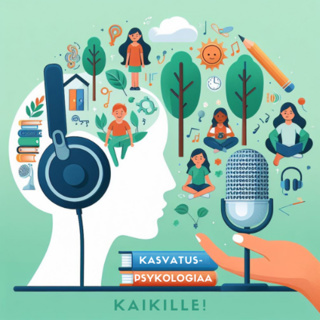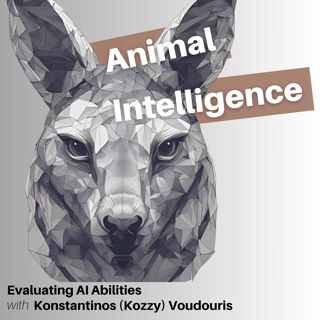
Evaluating AI Abilities
In this episode, Kozzy discusses his endeavors to compare the cognitive abilities of humans, animals, and AI programs. Specifically, we discussed object permanence, the ability to understand an object still exists in space even when you can't see it. Our conversation traverses both philosophical and practical questions surrounding AI evaluation. We also learned about Animal AI 3, a gaming environment developed in Unity where AI programs and humans can go head-to-head to solve different problems in a gaming environment.
27 Touko 202449min
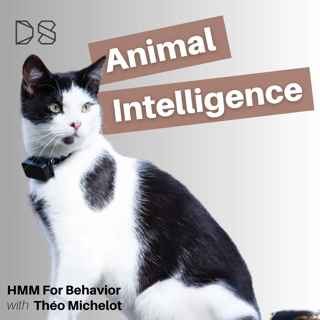
HMMs for Behavior
Théo Michelot has made a career out of tackling tough ecological questions using time-series data. How do scientists turn a series of GPS location observations over time into useful behavioral data? GPS tech has improved to the point that modern data sets are large and complex. In this episode, Théo takes us through his research and the application of Hidden Markov Models to complex time series data. If you have ever wondered what biologists do with data from those GPS collars you have seen on TV, this is the episode for you!
20 Touko 202445min
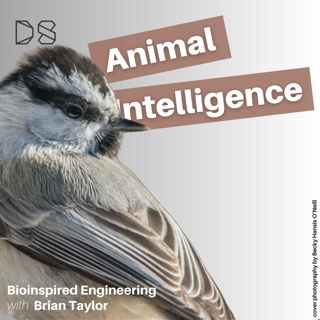
Bioinspired Engineering
Brian Taylor shares his research on magnetoreception. Animals like birds and sea turtles use magnetoreception to use the Earth's magnetic field for navigation, but it's not a sense that's well understood. Brian uses animal magnetoreception to engineer new ways to navigate the globe. Even cooler, he also takes hypotheses for how magnetoreception works in animals and uses computational simulations to digitally test them. Check out this episode to hear more about Brian's research and learn more about this little known sensory ability.
14 Touko 202438min
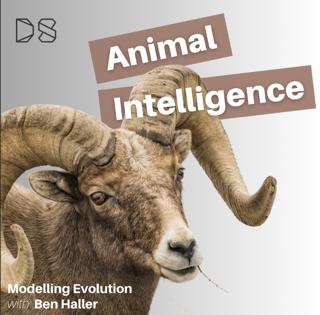
Modelling Evolution
Modeling evolutionary processes goes way beyond the Hardy-Weinberg Equilibrium we all learned in biology class. Natural selection comes from many sources like resources availability, mate preferences, competition. Modeling entire populations of organisms of different species is the holy grail of digital evolution. Join our discussion with evolutionary biologist and software engineer Ben Haller to learn about his work on SLiM and how it helps other biologists model population genetics over time.
9 Touko 202441min
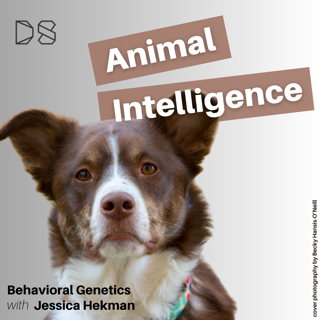
Behavioral Genetics
It's almost impossible to think about animal behavior without thinking of dogs! Our canine friends are a subspecies of wolf that has been co-evolving with us for tens of thousands of years. The transition from wolf to pet has required intense natural and artificial selection for behaviors that allow dogs to live alongside humans, but behavior is not so simple. Join us for a discussion with Dr. Jessica Hekman and learn about dog welfare, behavioral genetics, and the quest to understand the dogs in our lives.
30 Huhti 202447min
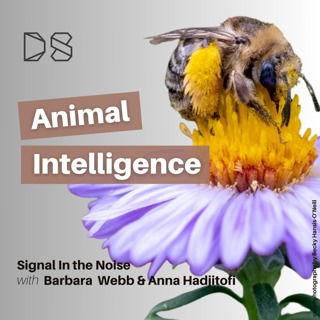
Signal in the Noise
In this episode, we are joined by Barbara Webb and Anna Hadjitofi. Barbara runs the Insect Robotics lab at the University of Edinburgh, and Anna is a PhD student at the School of Informatics at the university. She is interested in studying and understanding the neural mechanism of the honeybee waggle dance. They join us to discuss the paper: Dynamic antennal positioning allows honeybee followers to decode the dance.
25 Huhti 202441min
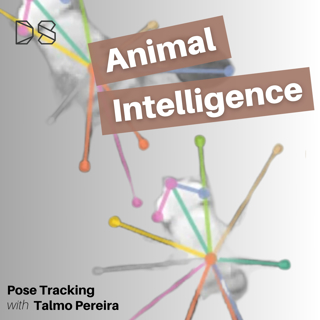
Pose Tracking
Many researchers and students have painstakingly labeled precise details about the body positions of the creatures they study. Can AI be used for this labeling? Of course it can! Today's episode discusses Social LEAP Estimates Animal Poses (SLEAP), a software solution to train AI to perform this tedious but important labeling work.
16 Huhti 202450min
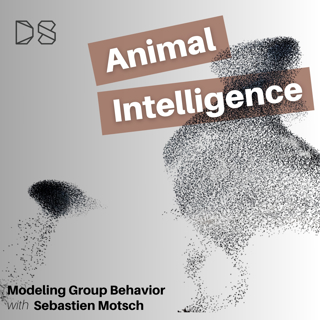
Modeling Group Behavior
Our guest in this episode is Sebastien Motsch, an assistant professor at Arizona State University, working in the School of Mathematical and Statistical Science. He works on modeling self-organized biological systems to understand how complex patterns emerge.
8 Huhti 202440min
